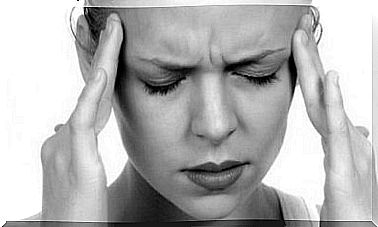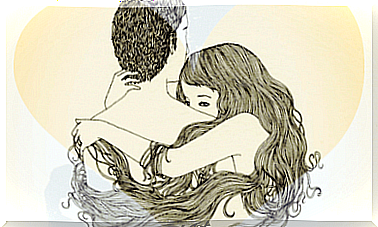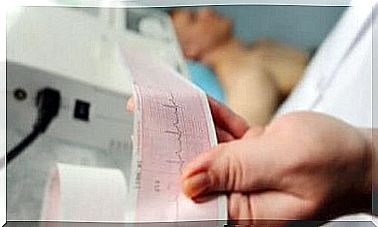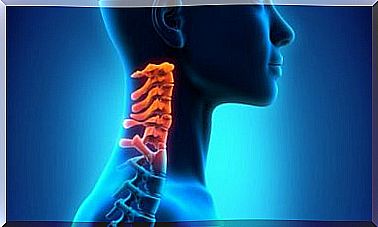Amnesia: Symptoms And Prevention
When a person suffers from amnesia, it loses the ability to develop memory and all related processes.
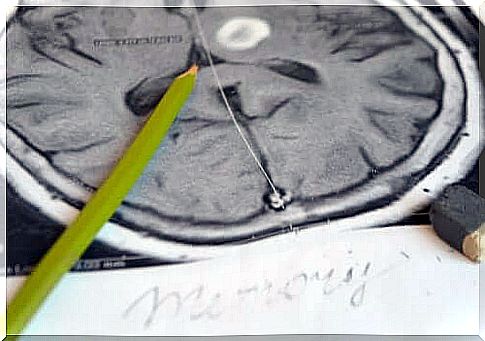
Amnesia refers to partial or total loss of memory. In a more technical way, it can be said that this is a disorder of the function of the brain in which the person is no longer able to maintain or even remember previously stored information.
To better understand what exactly amnesia is, it is important to take a closer look at memory. So memory can be defined as the ability of our central nervous system (CNS) to learn, organize, and store events from our past.
Another important fact about memory is that, thanks to its function, we are able to store data through complex mechanisms that develop in three different stages: coding, storage and memory.
Now, when a person has amnesia, it causes them to lose the ability to develop memory and all related processes.
What causes amnesia?
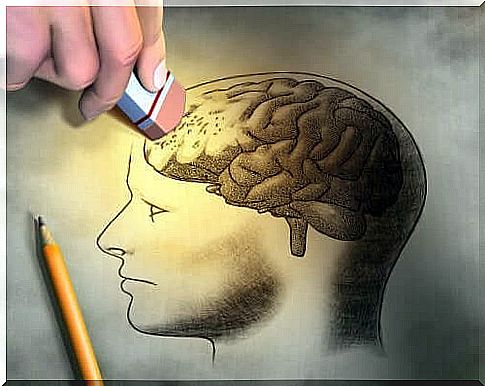
The triggers for this disorder can be organic as well as functional. Regarding the organic causes, we can include those factors that damage the brain. This could be an illness, trauma, or abuse of some medication, such as sedatives.
On the other hand , these functional causes include psychological factors such as defense mechanisms. This is what we know as Post Traumatic Syndrome Amnesia.
Apart from this general classification, we can find other causes for the development of amnesia. For example, it can also occur after anesthesia. This is because anesthesia causes disruptions in the mechanisms of memory consolidation.
The last point to be mentioned is that amnesia can also occur spontaneously. An example of this is global temporary amnesia. In such cases, the prevalence is higher in middle-aged and elderly people, especially males. However, this form of amnesia usually lasts for less than 24 hours.
Symptoms
The symptoms of amnesia mainly focus on the loss of access to memory. A person with this disorder may no longer remember all the dates, names, or general events from their own biography and past.
With this information, we can say that the two main characteristics of amnesia are:
- Difficulty learning new information after onset of amnesia. This situation is also known as anterograde amnesia.
- Difficulty remembering previous events and information that was previously known to you. In this case, the amnesia is called retrograde.
However, one must also remember that memory loss has nothing to do with the person’s intelligence, general knowledge, awareness, attention span, judgment, personality, or identity.
In addition , amnesia should not be confused with dementia, as these are two very different conditions. In addition to memory loss, dementia also includes other cognitive problems that do not occur with amnesia.
Other symptoms and signs that we can highlight are:
- Wrong memories. That is, the patients are suffering from some kind of conspiracy. They create completely made-up memories or create new memories from old, long-forgotten ones that they place in the wrong time span.
- Confusion or disorientation.
- Deterioration in personal relationships.
How can amnesia be prevented?

Since any damage to the brain can be a sufficient cause for this disorder to develop, it is of the utmost importance to take a number of preventive measures to prevent possible damage to the brain .
This includes avoiding excessive and long-term alcohol consumption, as this can lead to a deficiency in thiamine or vitamin B1. Other protective measures, such as wearing a good helmet when cycling or riding a motorcycle, are also very important to prevent amnesia.
In addition, it is important to treat any infection quickly to reduce the chance of spreading it to the brain. It is of great importance to see a doctor immediately if a person experiences symptoms suggestive of a stroke or cerebral aneurysm.
These alarming symptoms can also include a severe headache, numbness, or paralysis.
